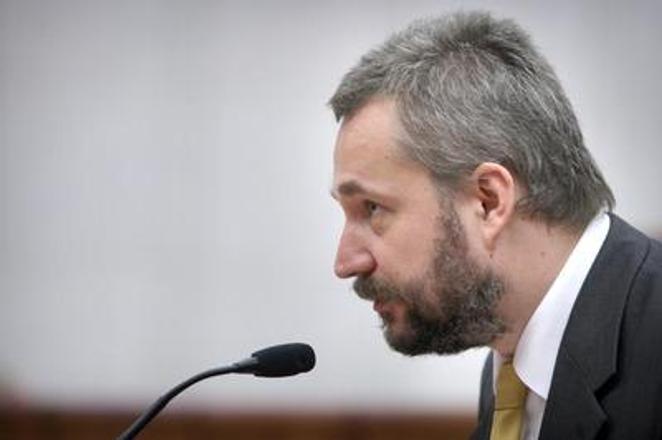The police have rejected opposition MP Ondrej Dostál’s criminal complaint against the Star EU firm, which is linked to Czech lobbyist Martin Baier and has won 70 out of 70 EU fund tenders for local government consulting projects it has applied for. The grounds for suspicion were explained by the M. R. Štefánik Conservative Institute, which wrote last summer that “Star EU in the past was recommended to mayors of towns and villages elected as candidates of Smer by the leadership of the party, which was in office in the time and thus was responsible for the management of EU funds”.
According to Dostál, the police investigator did not explain her decision, which was handed down after seven months.
“The only thing that is clear is that the criminal complaint was rejected,” he said, describing the investigator’s approach as “illegal”.
This is disturbing for two reasons. First, the dazzling success of Star EU in public procurement goes to the core of how EU funds have been looted in this country. Ministries that hand out EU funds publish lists of final recipients, which may be towns, companies or individuals with no apparent connection to each other. What they do not reveal are the results of public procurement within those grants – which typically are won by a few interconnected companies with links to government. The recipients are told that if they want the money, say to train their employees, they will have to hire firm A, B or C to carry out the training, often for inflated amounts.
The case of Star EU is clearly an important one, and if the police are going to reject Dostál’s charges, they must explain their reasons very clearly and very convincingly. Which brings us to the second point.
Tuesday night, in a televised debate on the state channel STV2, Police President Tibor Gašpar expressed a certain frustration with the work of prosecutors and the courts, suggesting that police investigations often did not bring the results expected.
“It has sometimes happened that something I considered to be proven was later returned to us as (allegedly) unproven,” he said.
We would all like to believe Gašpar’s claim that the police are in determined, unbiased pursuit of wrongdoing, no matter which party or minister may be involved. But too often it appears that the police are actually the first line of defense against the revelation of an unpleasant truth, with prosecutors and the courts as reserve troops. If this impression is false – and if roughly half of Slovaks are wrong not to trust the police – then it needs to be corrected, not on talk-shows but in how the police handle politically explosive cases.



 Ondrej Dostál (source: Sme)
Ondrej Dostál (source: Sme)